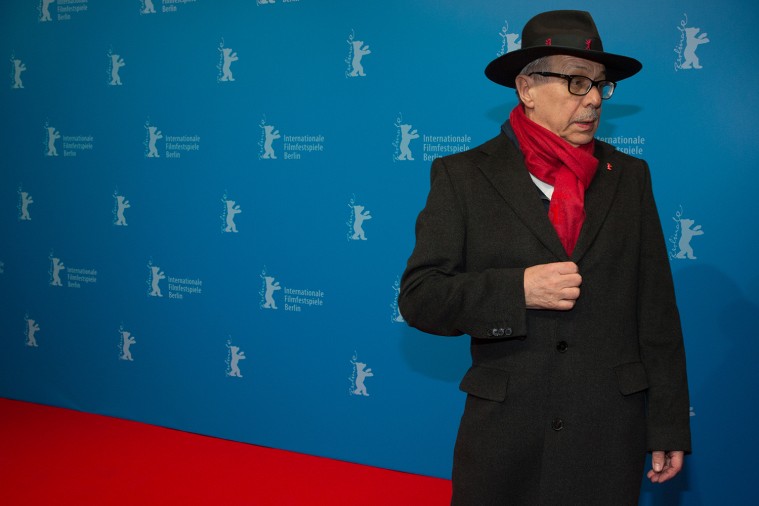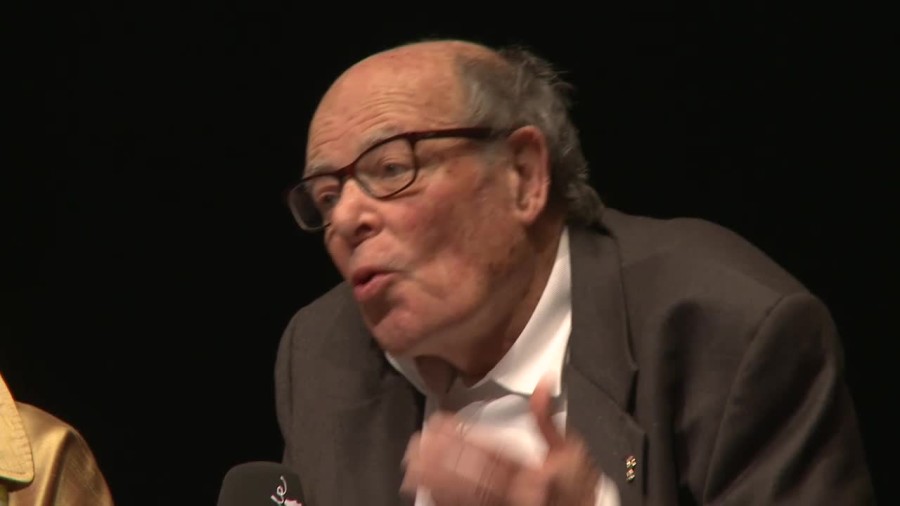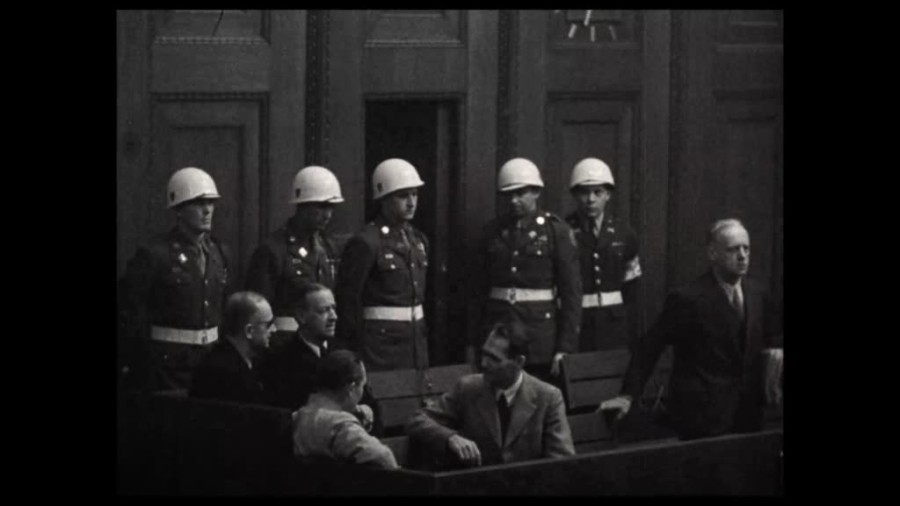The Memory of Justice
Nicht schuldig?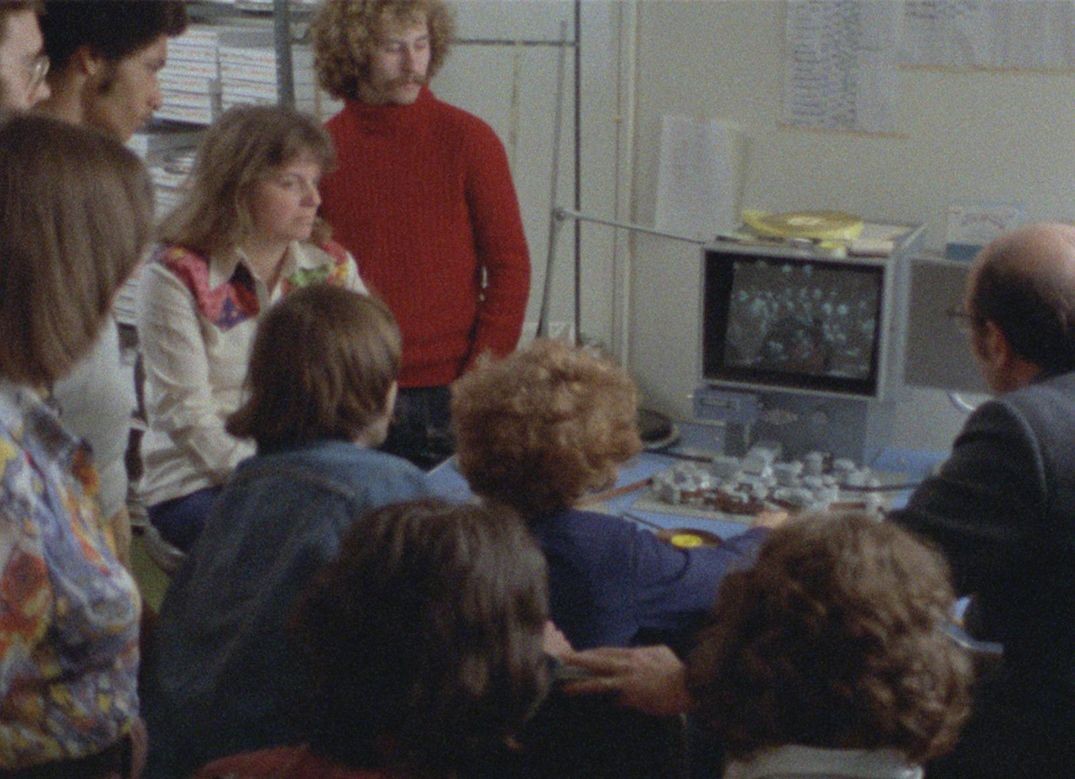

Filmseminar, Princeton, Mai 1974
The Memory of Justice | Nicht schuldig? by Marcel Ophüls
GBR/BRD/USA 1975, Berlinale Special
© Colorworks and the Academy Film Archive
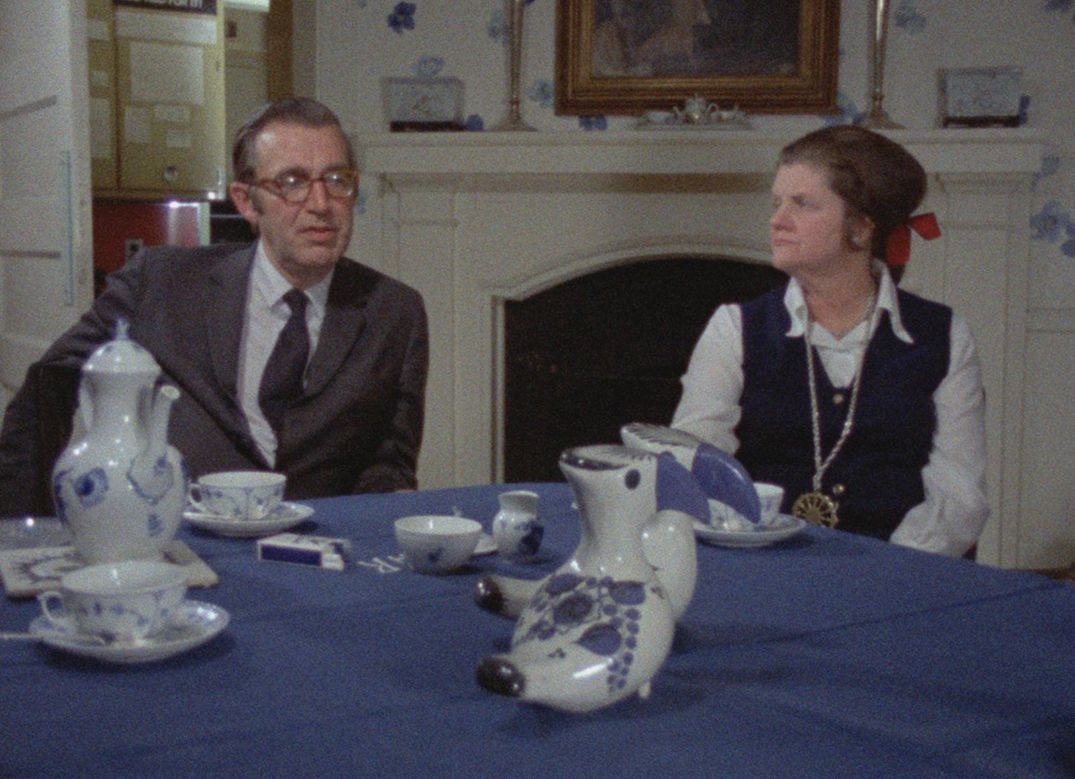
Robert Ransom, Louise Ransom
The Memory of Justice | Nicht schuldig? by Marcel Ophüls
GBR/BRD/USA 1975, Berlinale Special
© Colorworks and the Academy Film Archive
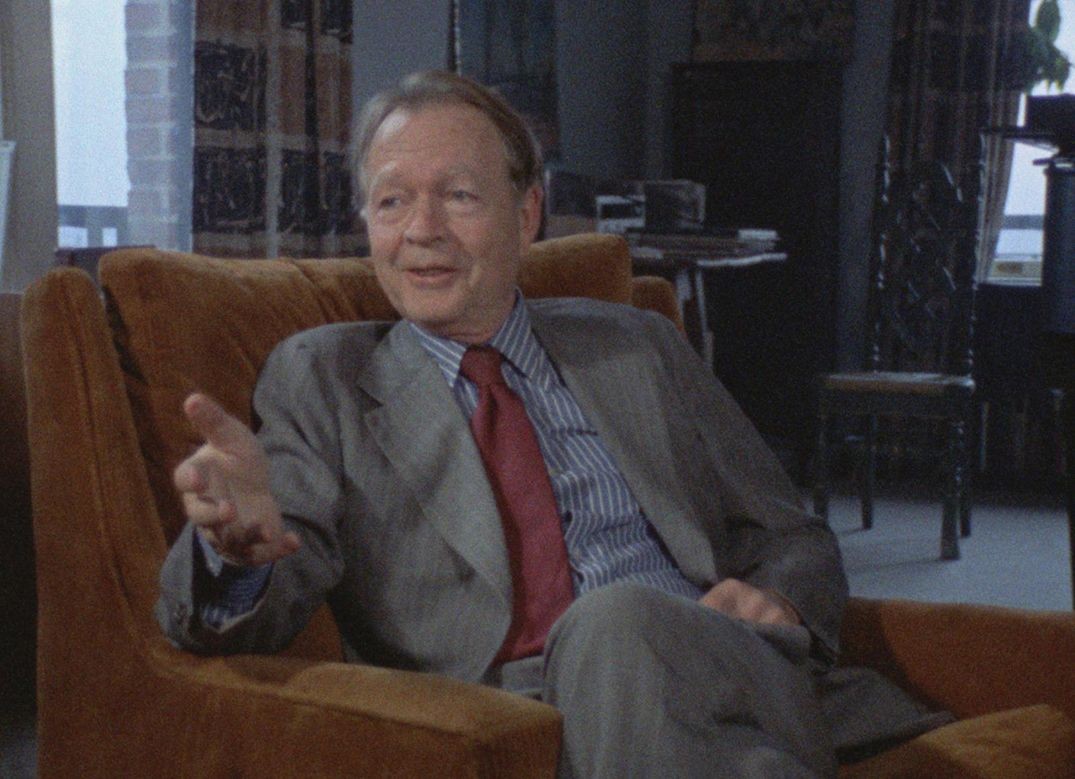
Telford Taylor
The Memory of Justice | Nicht schuldig? by Marcel Ophüls
GBR/BRD/USA 1975, Berlinale Special
© Colorworks and the Academy Film Archive
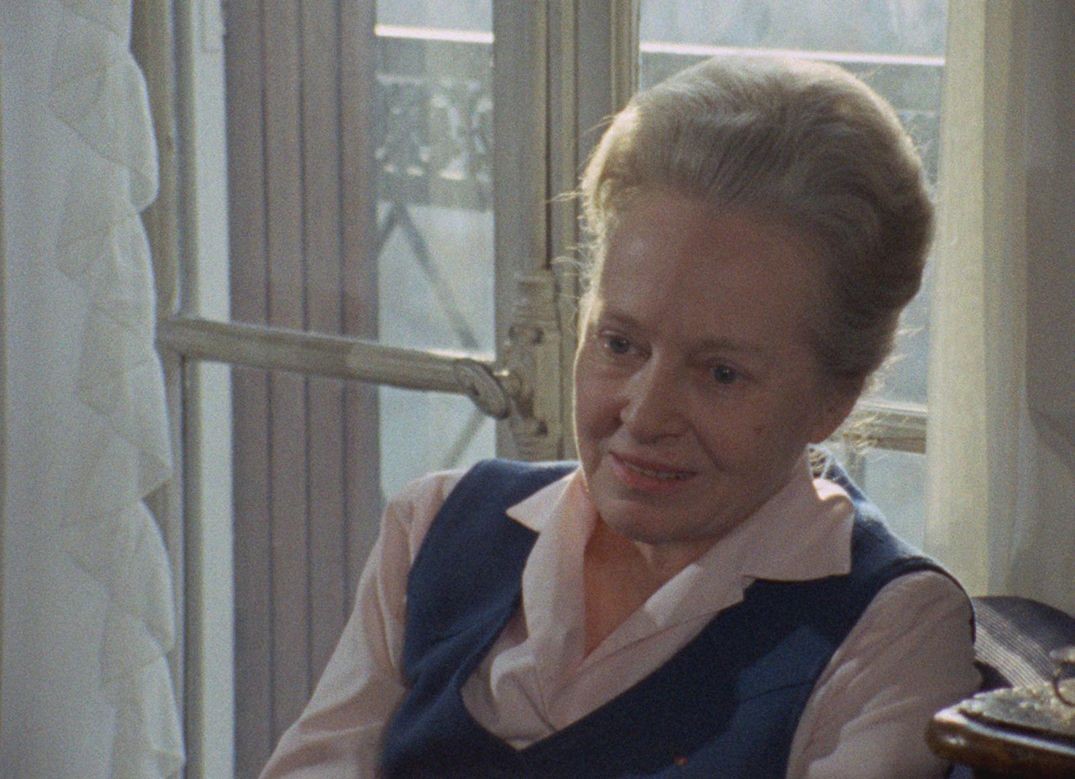
Marie-Claude Vaillant-Couturier
The Memory of Justice | Nicht schuldig? by Marcel Ophüls
GBR/BRD/USA 1975, Berlinale Special
© Colorworks and the Academy Film Archive
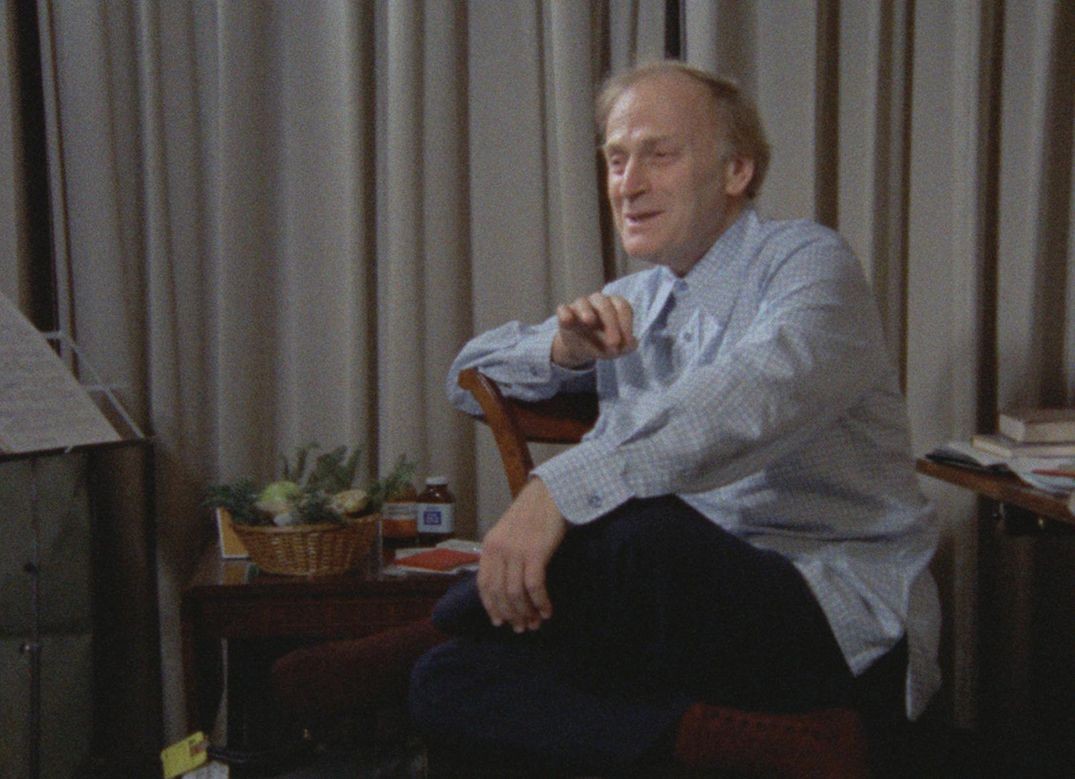
Yehudi Menuhin
The Memory of Justice | Nicht schuldig? by Marcel Ophüls
GBR/BRD/USA 1975, Berlinale Special
© Colorworks and the Academy Film Archive
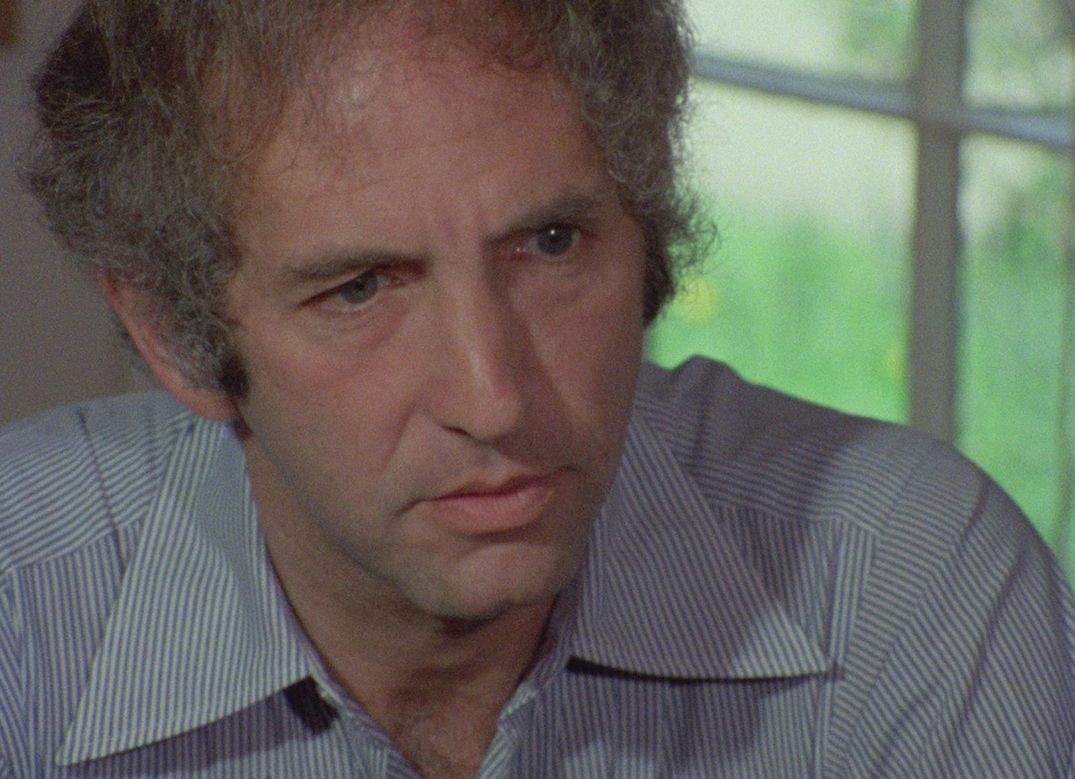
Daniel Ellsberg
The Memory of Justice | Nicht schuldig? by Marcel Ophüls
GBR/BRD/USA 1975, Berlinale Special
© Colorworks and the Academy Film Archive
The Memory of Justice screened at the Berlinale in 1978 and was later thought for a long time to have been lost. The film has been painstakingly restored by the Academy Film Archive in association with Paramount Pictues and The Film Foundation, with support from the Material World Charitable Foundation, Righteous Persons Foundation, and The Film Foundation.
Additional information
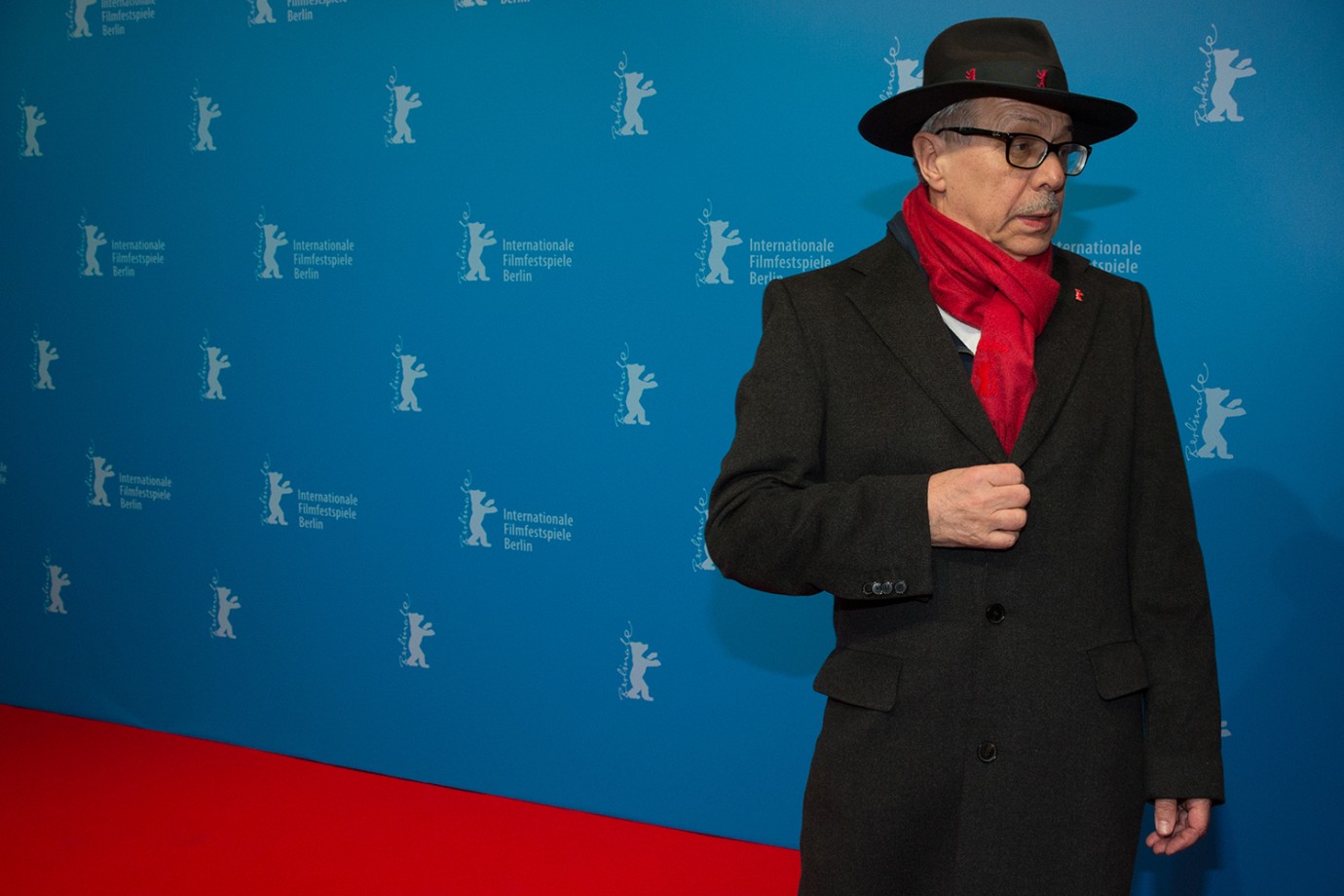
Dieter Kosslick
The Festival Director in the Haus der Berliner Festspiele.
The Memory of Justice · Berlinale Special · Berlinale Camera · Feb 11, 2015
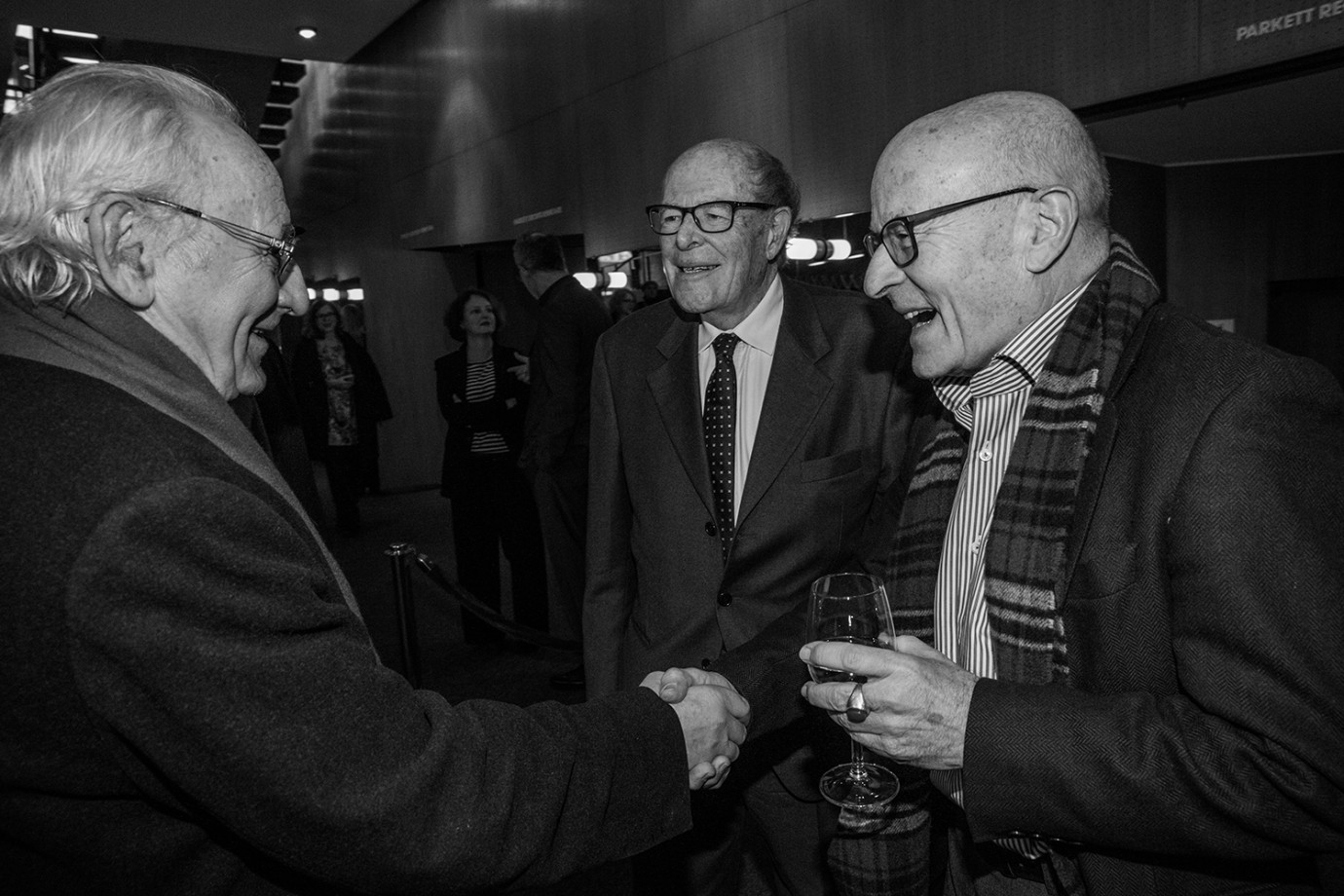
Naum Kleiman, Marcel Ophüls, Volker Schlöndorff
The Russian film historian, the honoree and the German director.
The Memory of Justice · Berlinale Special · Berlinale Camera · Feb 11, 2015
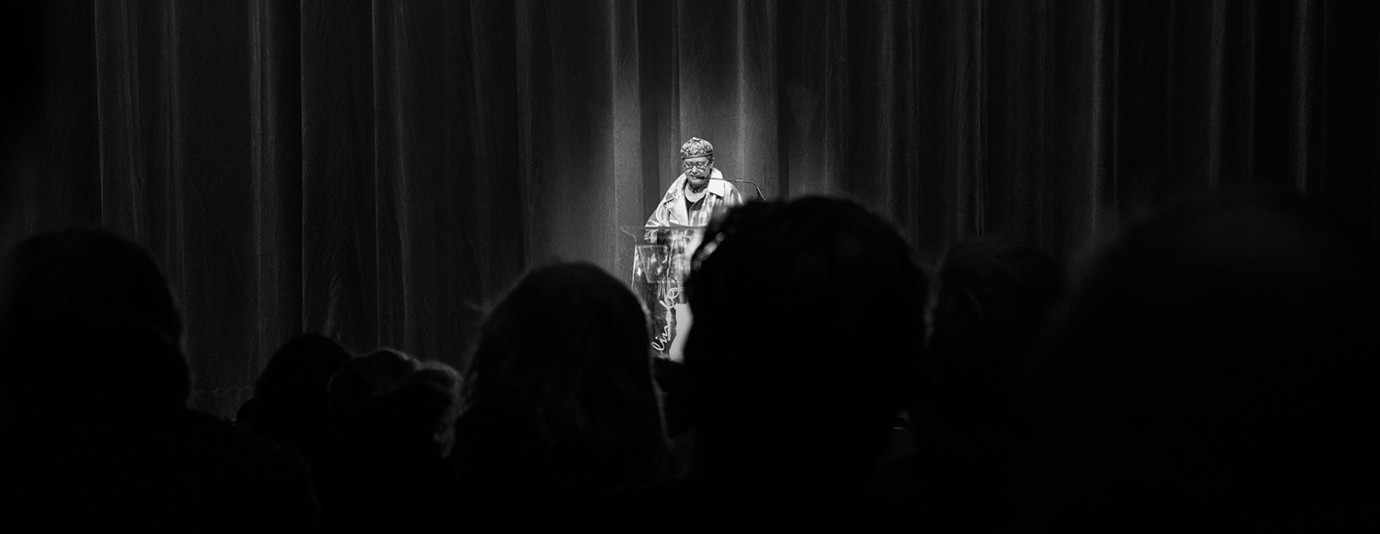
Sandra Schulberg
In the Haus der Berliner Festspiele.
The Memory of Justice · Berlinale Special · Berlinale Camera · Feb 11, 2015
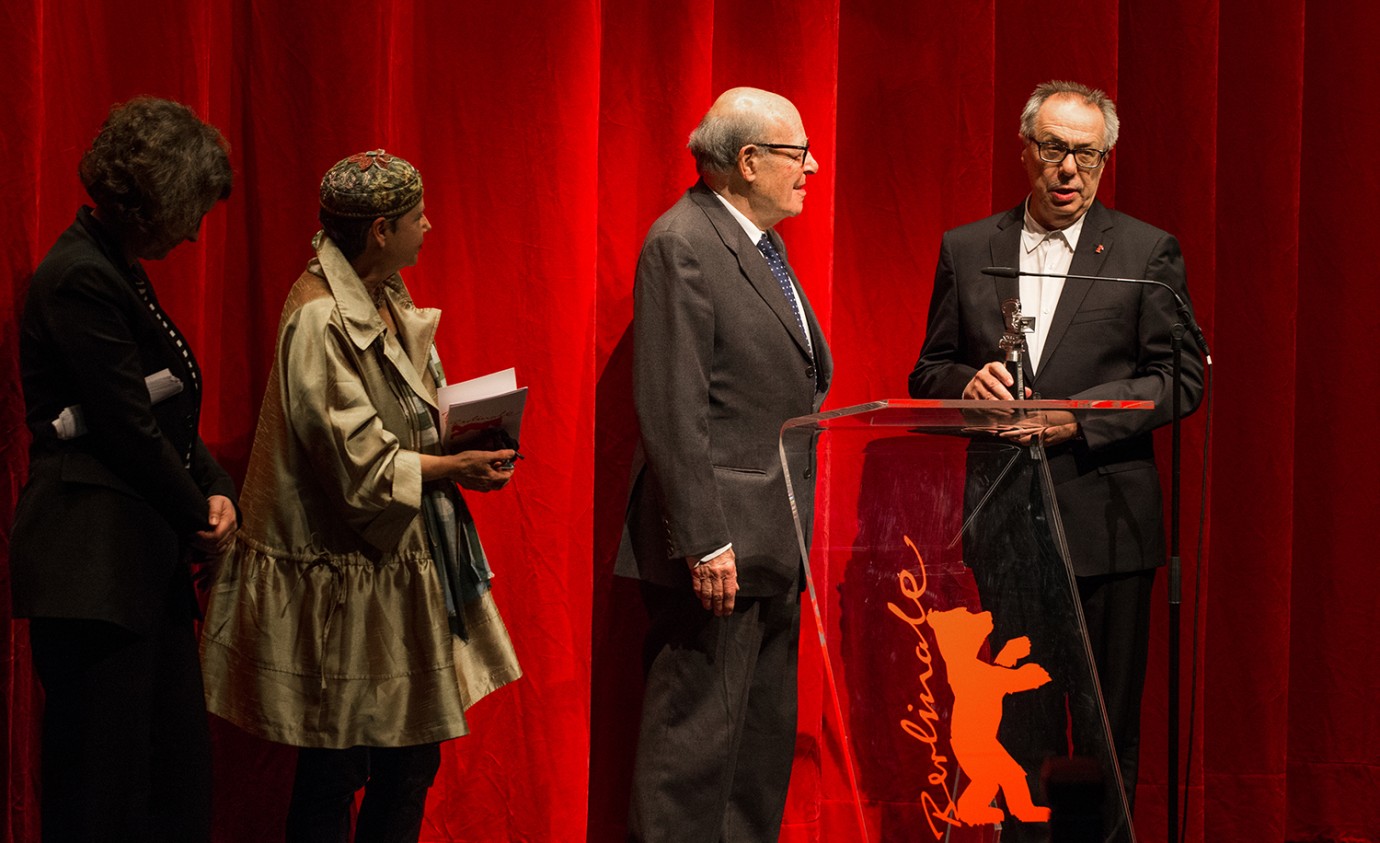
Katja Nicodemus, Sandra Schulberg, Marcel Ophüls, Dieter Kosslick
The award ceremony.
The Memory of Justice · Berlinale Special · Berlinale Camera · Feb 11, 2015
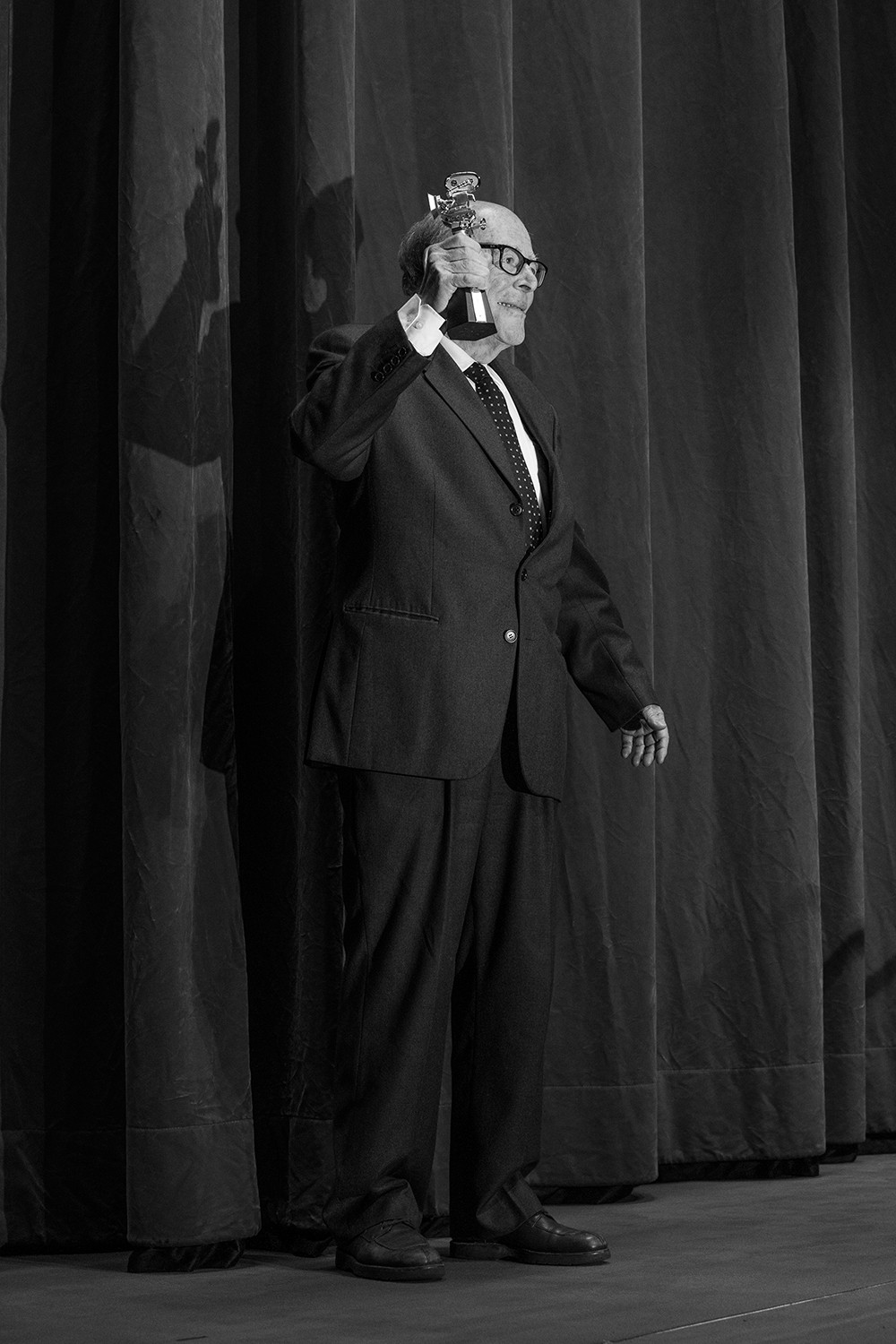
Marcel Ophüls
The honoree.
The Memory of Justice · Berlinale Special · Berlinale Camera · Feb 11, 2015
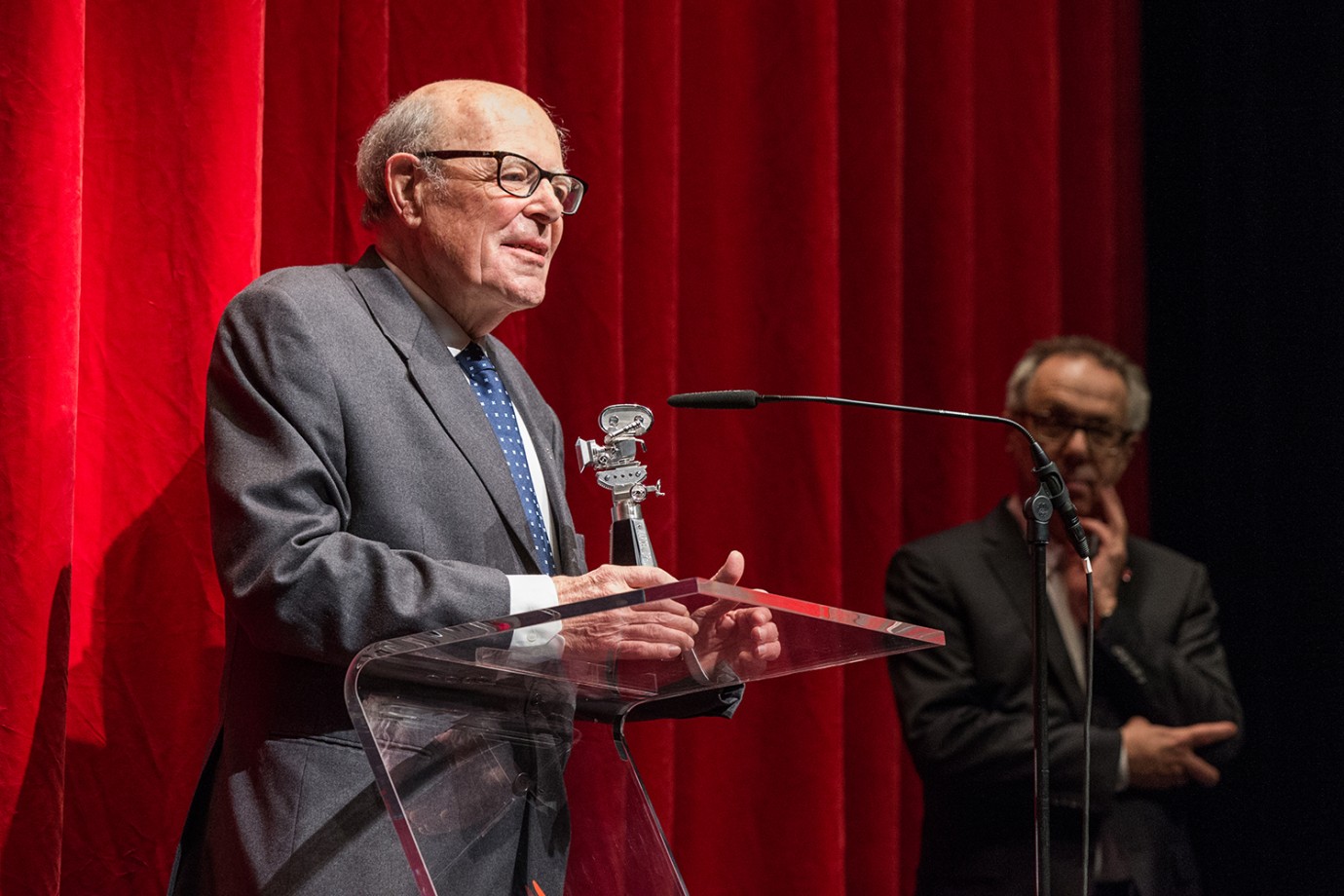
Marcel Ophüls, Dieter Kosslick
The honoree and the Festival Director on the stage of the Haus der Berliner Festspiele.
The Memory of Justice · Berlinale Special · Berlinale Camera · Feb 11, 2015
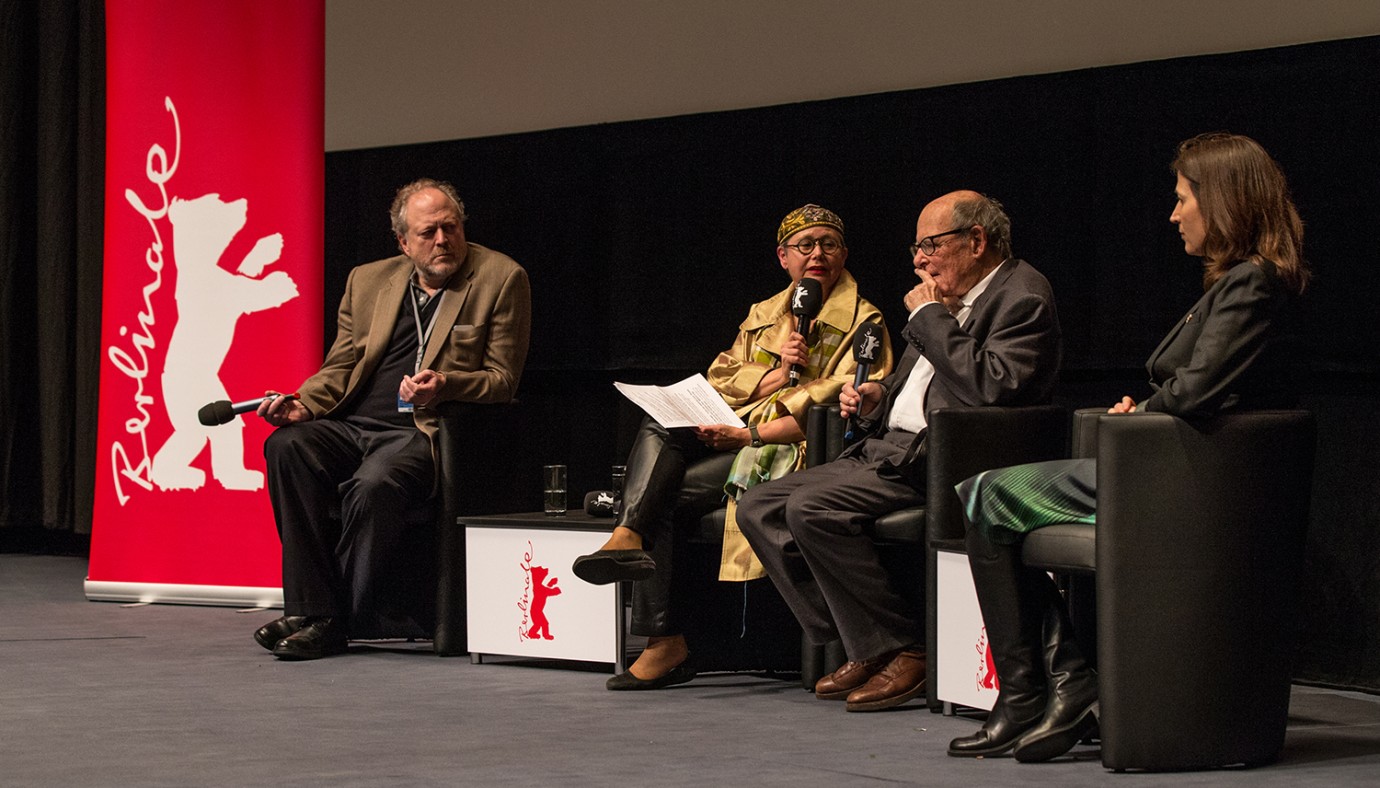
Hamilton Fish, Sandra Schulberg, Marcel Ophüls, Margaret Bodde
The discussion after the screening: The president of The Film Foundation, the daughter of Stuart Schulberg, who made the first documentary about the Nuremburg Trials, the honoree and the Scorsese producer Margaret Bodde.
The Memory of Justice · Berlinale Special · Berlinale Camera · Feb 11, 2015
Panel discussion in the Haus der Berliner Festspiele with Hamilton Fish, Sandra Schulberg, Marcel Ophüls and The Film Foundation’s Margaret Bodde.
The Memory of Justice | Nicht schuldig?
Berlinale Special · Panel Discussion | Talk · Feb 11, 2015
The Memory of Justice | Nicht schuldig?
Film Excerpt
